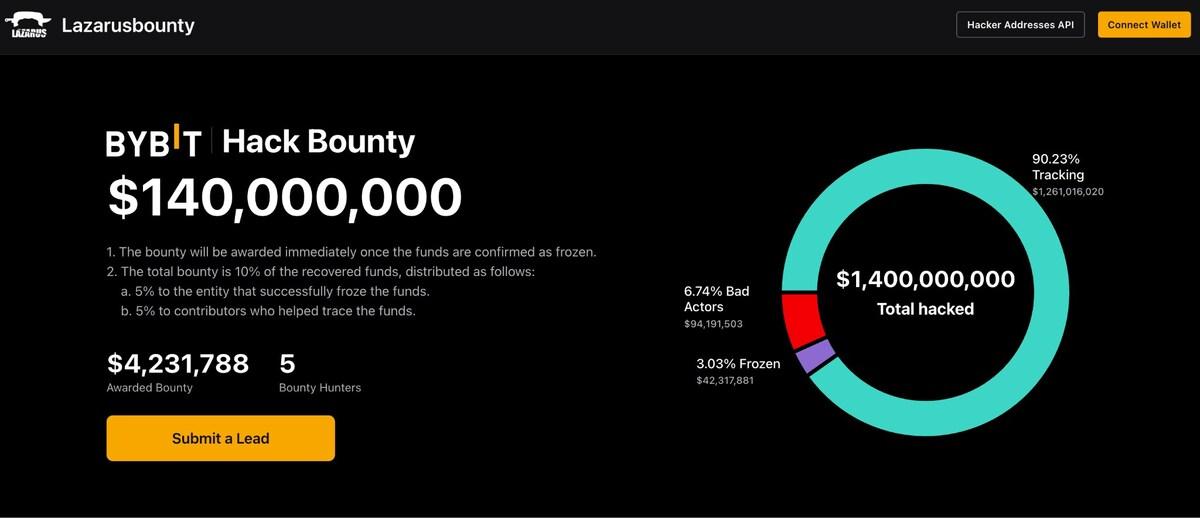Alice Weidel could not have hoped for a better backdrop to her coronation as the candidate for chancellor of the far-right Alternative for Germany.
Fresh from a much-hyped online chat with new fan Elon Musk, she thanked the Tesla chief executive and ally of incoming US president Donald Trump for his willingness to live-stream the AfD conference on his social media platform X.
“Freedom of speech!” she proclaimed in English, before launching into a fiery anti-immigration speech at the gathering in the small east German town of Riesa this weekend.
Weidel’s courting of the world’s richest man is part of an effort to tap into a global populist wave that propelled the hard-right Giorgia Meloni to power in Italy in 2022, Marine Le Pen’s National Rally to a first-round victory in French elections last summer and delivered Trump’s re-election in November.
Senior AfD party members were also fizzing with excitement at the far right’s historic breakthrough in Austria, where the leader of the Freedom party was last week given the chance to form a government.
“It is part of a tectonic shift in western democracies,” said Andreas Rödder, a historian at the Johannes Gutenberg University of Mainz. “The pendulum is moving towards the right and this is what the AfD has connected itself to.”
At home in Germany, the party has already secured a string of historic successes. It came second in European elections in June, and last autumn won as much as 33 per cent in regional votes in a strong performance in three eastern states — including in Saxony, where Riesa is located — even after allegations about links between senior party members and Russian and Chinese espionage.
Polls now suggest that the AfD — which rails against Muslims, lambasts “woke” culture and wants to lift sanctions on Russia — is on course to claim its first ever second place finish in federal elections on February 23 with a record 20 per cent of the vote.
Weidel, 45, does not fit the stereotype of a rightwing radical. She is married to Sri Lankan-born Swiss film producer Sarah Bossard, with whom she lives together with their two adopted children in Switzerland. After graduating, she spent time as an analyst for Goldman Sachs in Frankfurt and later wrote a doctoral thesis on the Chinese pension system.
Analysts see Weidel as the party’s attempt to present a more palatable face to the public in a country where many still attach great seriousness to avoiding repeating the mistakes that led to its dark Nazi past. During smiling television interviews or in videos posted on TikTok, her appearance is often deliberately softer than some of the ultra right-wing radicals in her party.

But there was little of her lighter side on display during her fist-pumping, 20-minute speech in Riesa, where she appealed to the party faithful by lambasting the “leftist mob” of protesters who delayed the start of the conference by two hours.
She embraced the highly charged term of “remigration” as she promised “large scale deportations of immigrants” and railed against a string of attacks in recent years by migrants and asylum seekers.
Many saw her inflammatory language as a concession to the firebrand Björn Höcke, who led the party to victory in regional elections in the eastern state of Thuringia in September and has been convicted for invoking the nationalistic language of Adolf Hitler’s storm troopers.
In the latest attempt by the party to reference the Nazi era without falling foul of the law, another regional party chief encouraged the crowd to chant “Alice für Deutschland” — a pun on the forbidden slogan “Alles für Deutschland”, meaning “everything for Germany”.

Those who knew Weidel during her stint in finance two decades ago struggle to reconcile that woman with today’s far-right leader.
Jim Dilworth, a US banker living in Germany who worked with her at Goldman and later at Allianz Global Investors, said that she did not display any rightwing views at the time. “The most ‘radical’ thing about her views was her scepticism about the euro as a common currency,” he said.
Dilworth added that when he later expressed surprise at her decision to join the AfD, she told him that “it would take me 20 years” to make the same progress in the more centre-right Christian Democrats. “So that’s basically why she chose this party. I think there was a lot of opportunism there.”
The AfD co-leader denied having made such a remark. She told the Financial Times via a spokesman: “I never said that. It doesn’t make any sense. Nobody, and certainly not back then, joined the AfD for the sake of their career.”
Weidel’s political persona is one of carefully controlled conservatism. She wears crisp white shirts, often with pearls, and her hair in a neat low bun. She argues that her party is not right-wing extremist but rather conservative liberal.
Asked to explain the apparent incongruity between her private life and her party’s opposition to “gender and woke ideology” in 2023, she said: “I am not queer. I am just married to a woman who I have known for 20 years.” Or, as one senior party official put it: “She is just gay by biology but not by political conviction.”
Kay Gottschalk, an AfD member of parliament who first met Weidel around the time that she joined the national executive committee in 2015, said she was “perfect” for reaching out to groups where the party has traditionally unperformed, including women voters.
Her critics warn it is an act. The co-leader of the ruling Social Democrats, Lars Klingbeil, has described her as “a wolf in sheep’s clothing”.


Analysts and even some of her own allies within the AfD argue that, even as the party looks set to double its support from 10 per cent in the last federal election in 2021, Weidel can only take part of the credit.
Deep public discontent with Angela Merkel’s 2015 decision to welcome around 1mn migrants and asylum seekers helped the AfD expand from its 2013 origins as a single-issue party opposed to the euro.
The deep unpopularity of SPD chancellor Olaf Scholz’s three-way “traffic light” coalition, which collapsed in November, has also been vital in sending new voters to the AfD. So too have lukewarm attitudes towards the election frontrunner, Christian Democrat leader Friedrich Merz, as well as widespread angst about the stagnating German economy and the future of the country’s manufacturing industry.
“The dissatisfaction with the other parties is huge,” said a senior AfD official. “We are profiting from that.”
Yet Weidel, who has been AfD co-leader since 2019, has also proved to be a survivor in an outfit notorious for infighting. Insiders say she has been deft at managing the party’s radical flank.
No matter how well it performs, the party has almost no hope of taking power in Berlin after next month’s vote due to the “firewall” erected by Germany’s mainstream parties, which have all ruled out forming a coalition with the AfD.
But its officials are already looking to the next set of elections, scheduled for 2029, when they hope an even stronger showing might force other parties to drop their resistance to cooperating. They take particular inspiration from Austria’s Herbert Kickl, who last week was asked by the country’s president to form a government after attempts by centrist parties to form a coalition that excluded his Freedom party failed.
“It looks like a pattern, and they are exploiting it,” said Rödder, the historian. “They are pointing to Austria to say: ‘It is Germany in four years’.”
Credit: Source link














